Over fifty years ago artificial intelligence (AI) pioneer Alan Turing published a paper asking, “Can machines think?”. Today the more pertinent question posed by Oxford mathematician Marcus du Sautoy is “Can machines create?”.
In his book, “The Creativity Code: Art and Innovation in the Age of AI,” du Sautoy examines the structural nature of creativity in humans and looks at the influence AI can have on this. “Creativity is a code that evolution across millions of years has honed inside our brains,” du Sautoy writes. “Is our creativity in fact more algorithmic and rule-based than we might want to acknowledge? Can we hope to crack the creativity code?”. The book’s surprising conclusion reveals a 350-word section within its pages was written by an algorithm, challenging the reader to see if they can tell the difference between machine-generated content and that produced by a writer.
A report by consulting firm McKinsey predicted that AI will replace up to 375 million jobs (14% of the global workforce) by 2030. Whether AI threatens the role of those in the creative industry, however, is a contentious question. Undeniably AI technologies have already made a big impact on creative disciplines. IBM’s AI system “Watson” has already used machine learning to produce an AI-generated sci-fi movie trailer for 20th Century Fox, discovered and invented cooking recipes, and created thousands of ads for Toyota.
It was nearly 5 years ago that advertising powerhouse M&C Saatchi debuted what was widely considered to be the world’s first AI-powered advertisement. A single digital display with a built-in camera that tracked audience response using facial recognition. The display relied solely on algorithms to assess effective design elements like copy, word length, font, size, and layout, testing them in real time and ‘evolving’ based on the reaction by passersby. However, with effective communication so delicately formed around human emotion and feeling, for example love, sarcasm or motivation, the display struggled to produce successful copy, confirming that human finesse was integral to its success.
Instead of replacing the creative ability of humans, could algorithms be more effective in simply helping to enhance this natural ability and allowing us to channel our creativity more effectively?
A study published in Psychological Science showed that when our cognitive load is overwhelmed, our creative aptitude is impaired. The study found that individuals that exhibited the highest cognitive loads were least creative, whereas those with the lowest cognitive loads were most creative. With the ability to handle repetitive or everyday tasks that consume our time, AI can help to ease the workload for creatives and allow more time for strategic and creative thinking, establishing an environment that is more focused on innovation.
With the ability to manage vast amounts of data that a human never could, AI can easily suggest ideas that can effectively aid the creative process. Ideas can be scaled, tested and measured easily and quickly, producing hundreds of possible iterations of an idea instantly, which can then be refined with a human touch.
More importantly is AI’s ability to personalise customer experience through highly targeted content. For example, L’Oréal uses AI for social listening, through which it can recognise images on social media on a huge scale, providing meaningful data insight to identify trends across the board, revolutionising its consumer research. L’Oréal’s CMO Stéphane Bérubé explains, “By personalising our interactions with consumers we get to understand them and react accordingly. More than ever before, we will be able to predict and forecast market wide trends to serve the consumer.”
As we enter the age of AI where many roles will become automated, creativity will be one of our distinguishing abilities, so we could expect to see a greater value weighted towards this skill in the employment sector. Indeed, recent studies suggest the top valued skills in the workplace for 2020 will be complex problem solving, critical thinking and creativity. A PwC report explains, “The rise of artificial intelligence is driving a new shift in value creation focused on sentiments more intrinsic to the human experience: thinking, creativity and problem-solving.”
AI techniques, from machine learning to pattern recognition, have already proved ideal in providing assistance in virtually every industry. Healthcare, finance and retail are just a few that are reaping the benefits of advanced cognition capabilities. While it appears that AI is not likely to replace the ability of human creativity any time soon, it is certain to become an integral part of the process for businesses, with the potential to become our greatest tool for furthering creativity.
Want to read more about how AI could change the way we work? Read our blog post, The Rise of AI in the Workplace.

